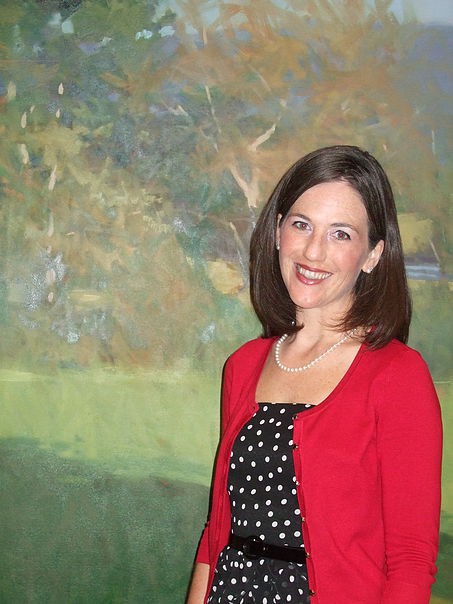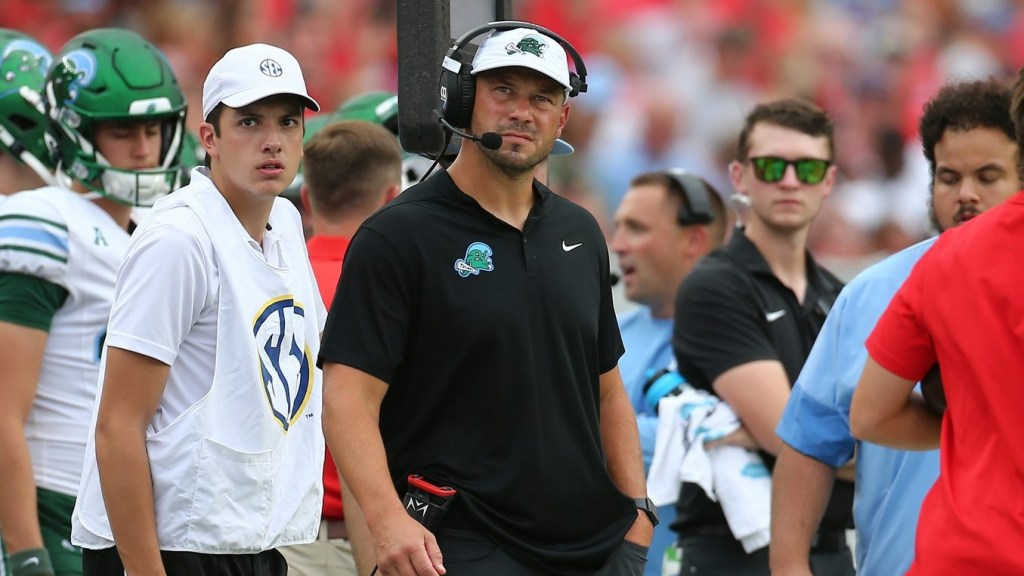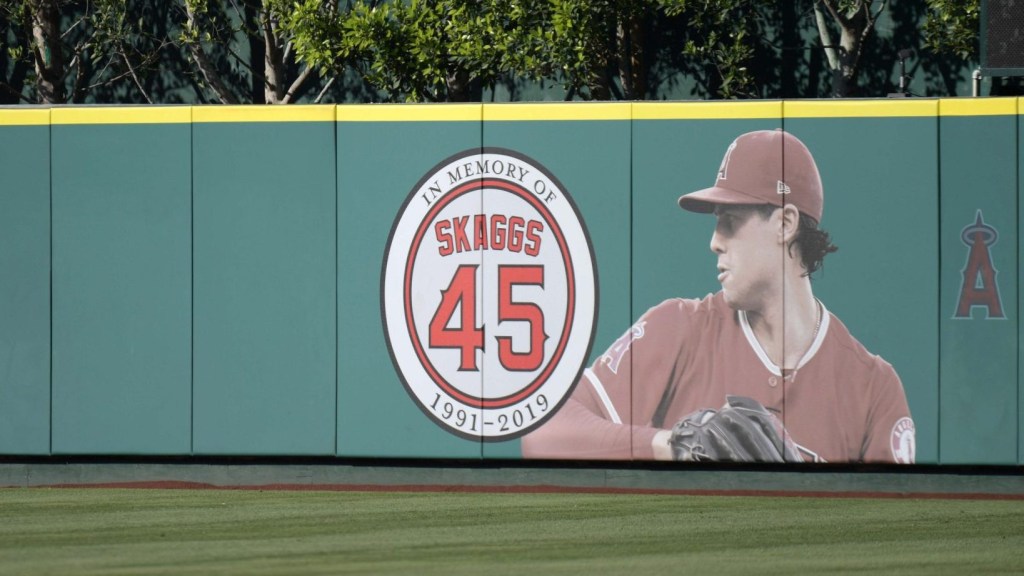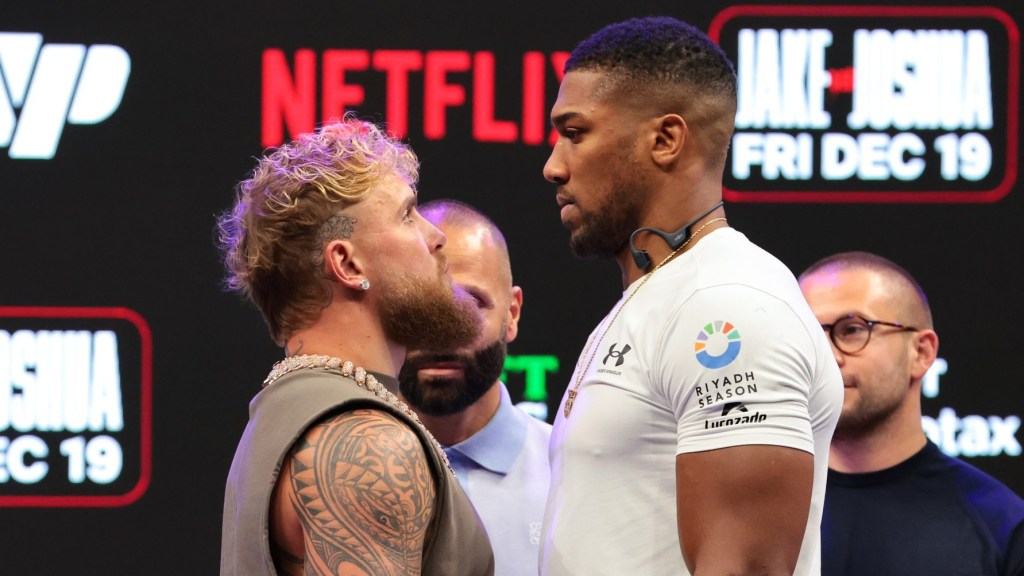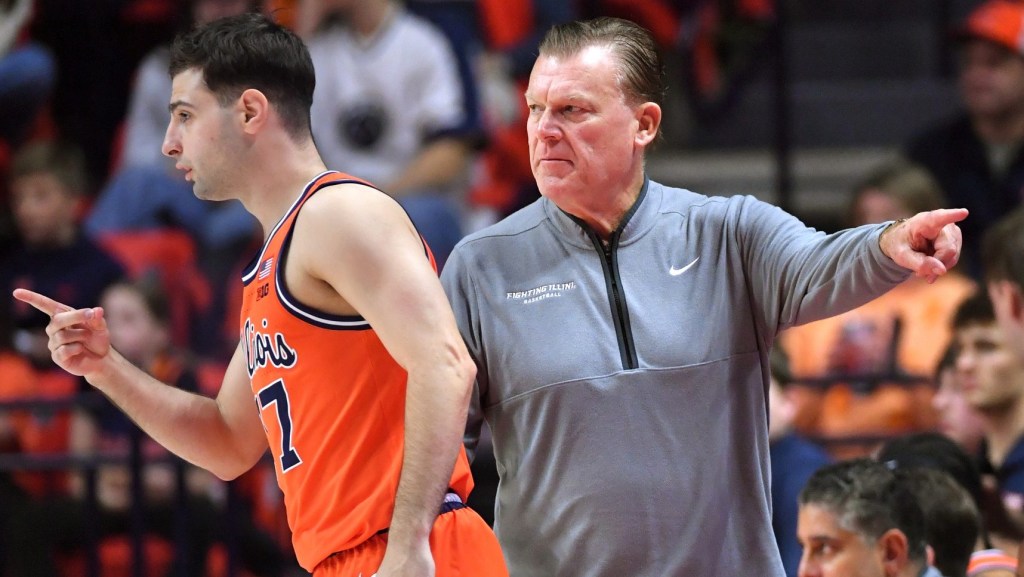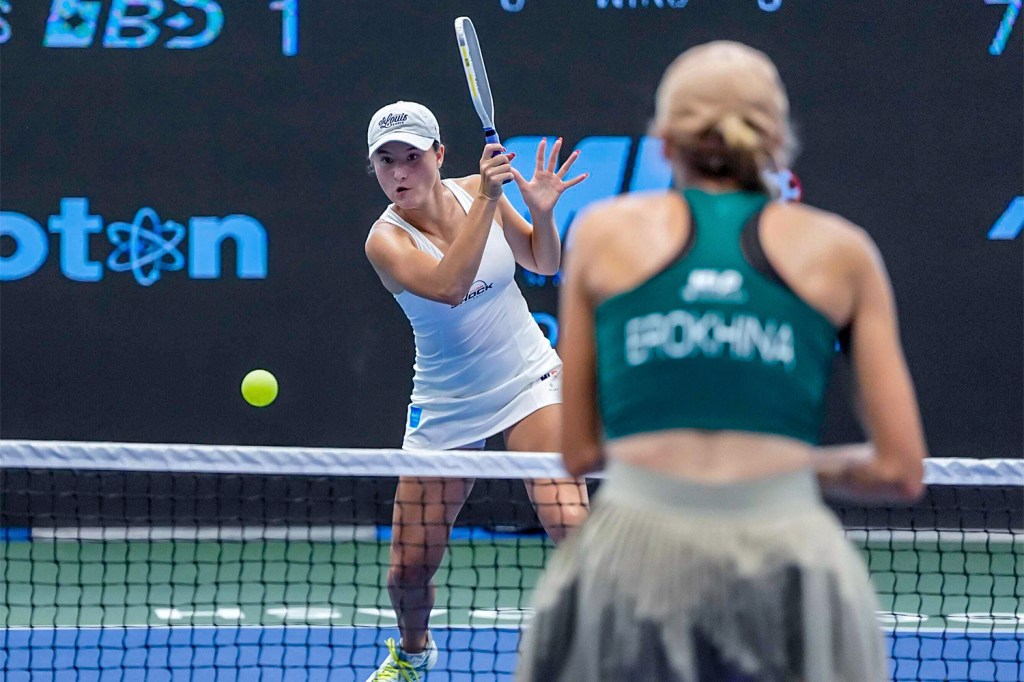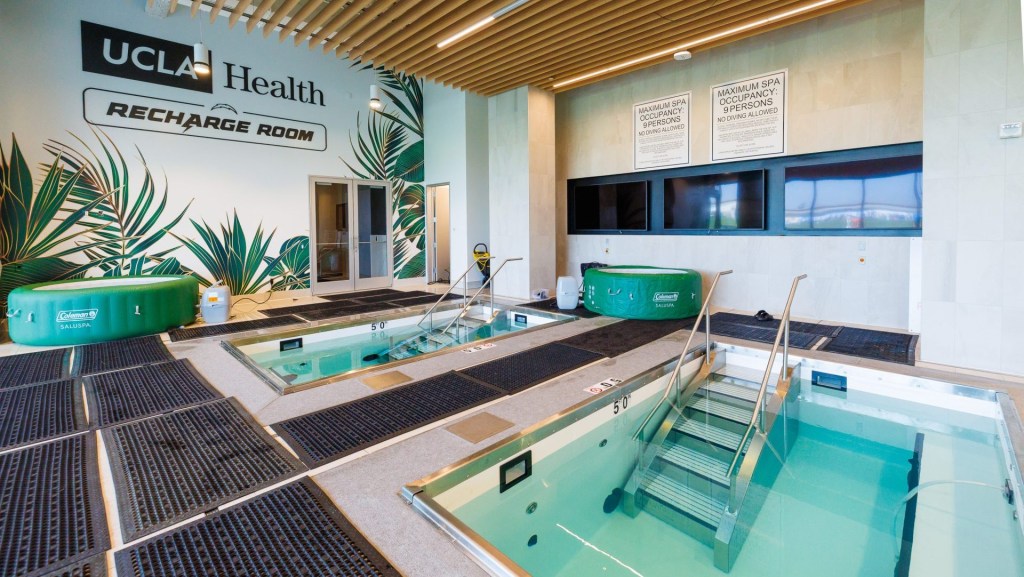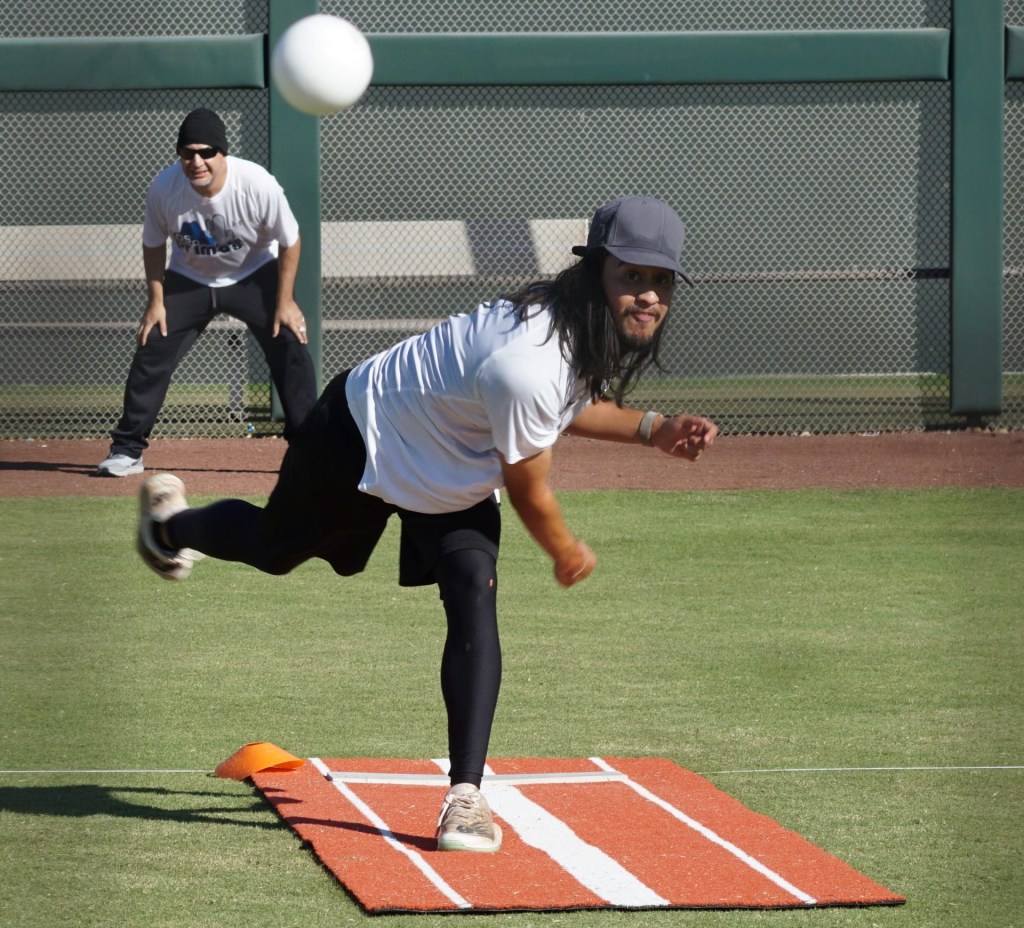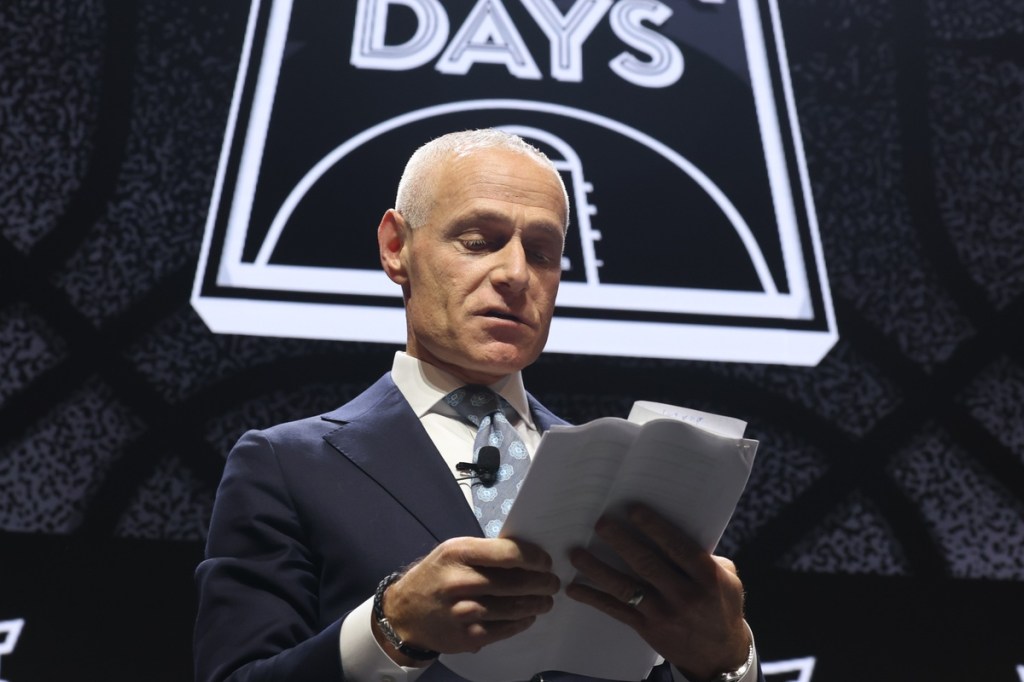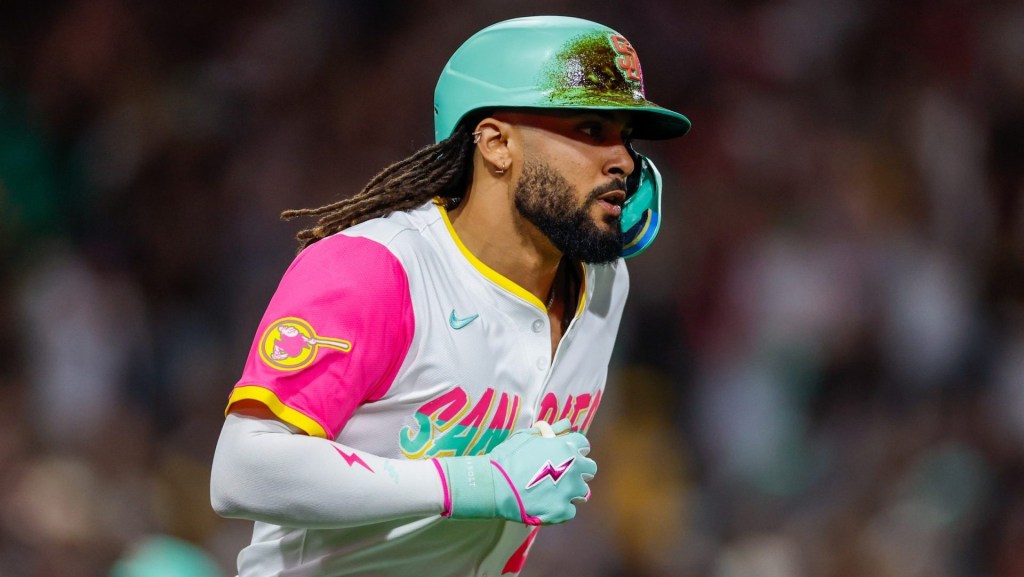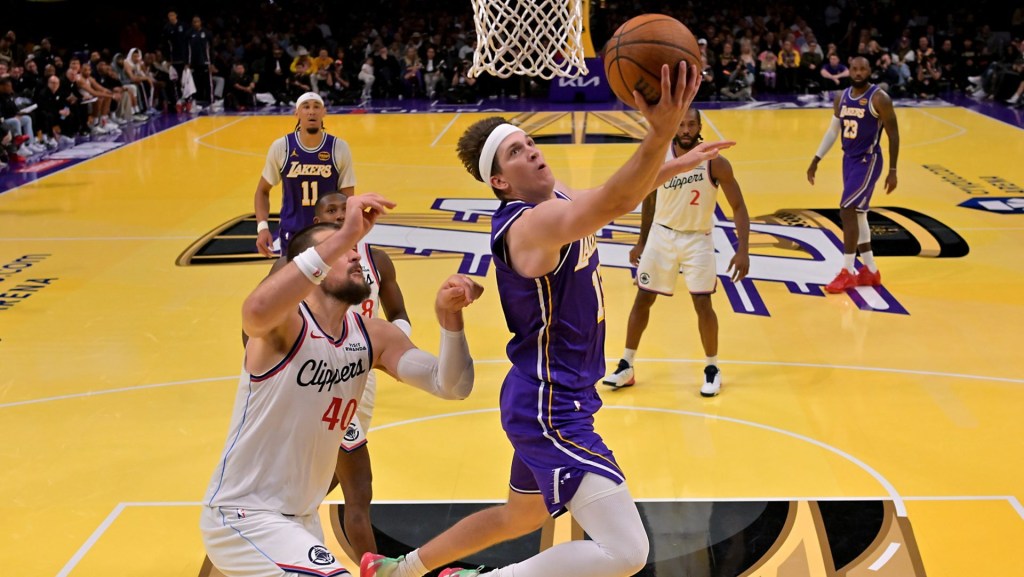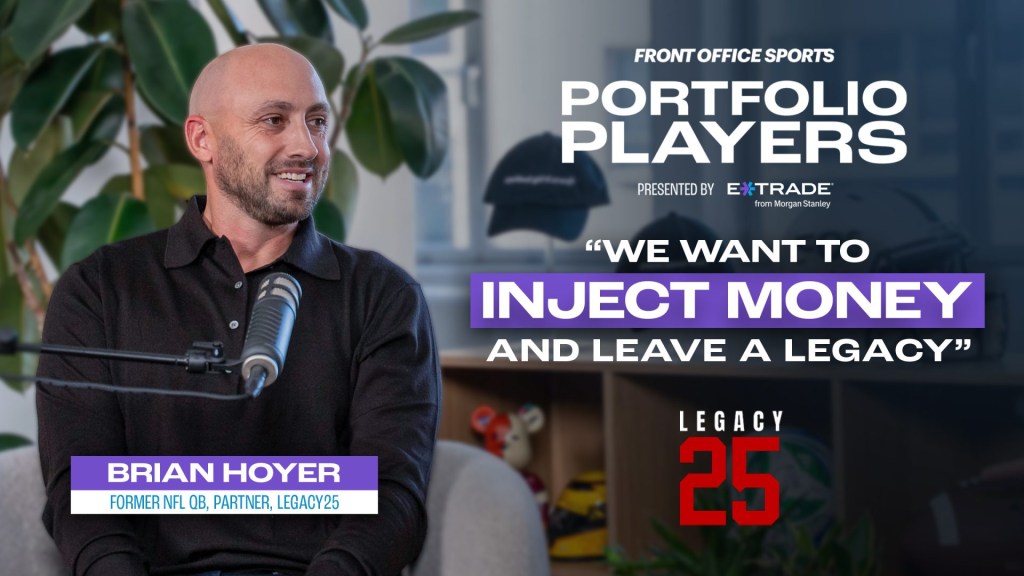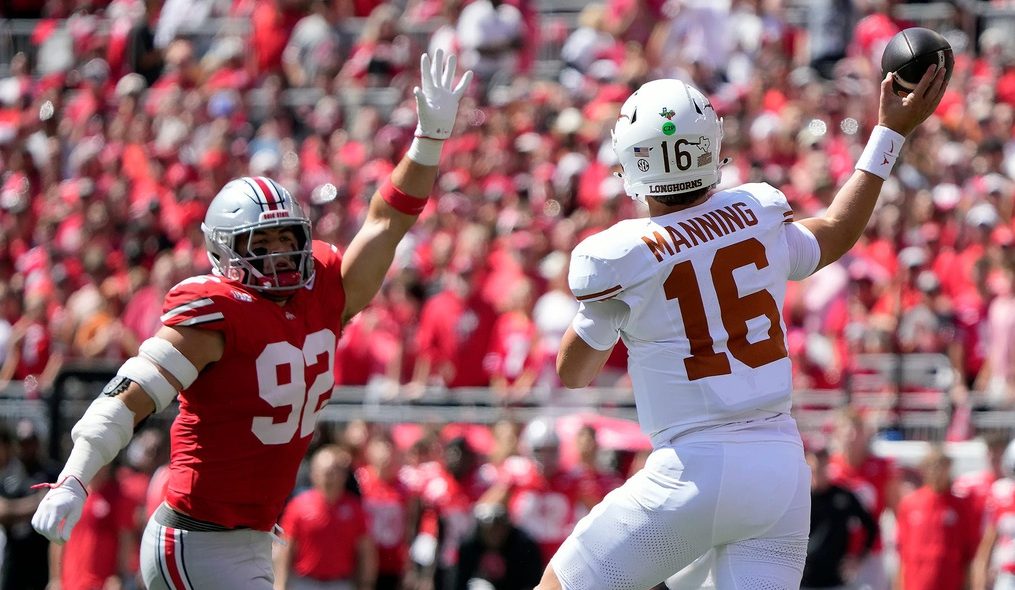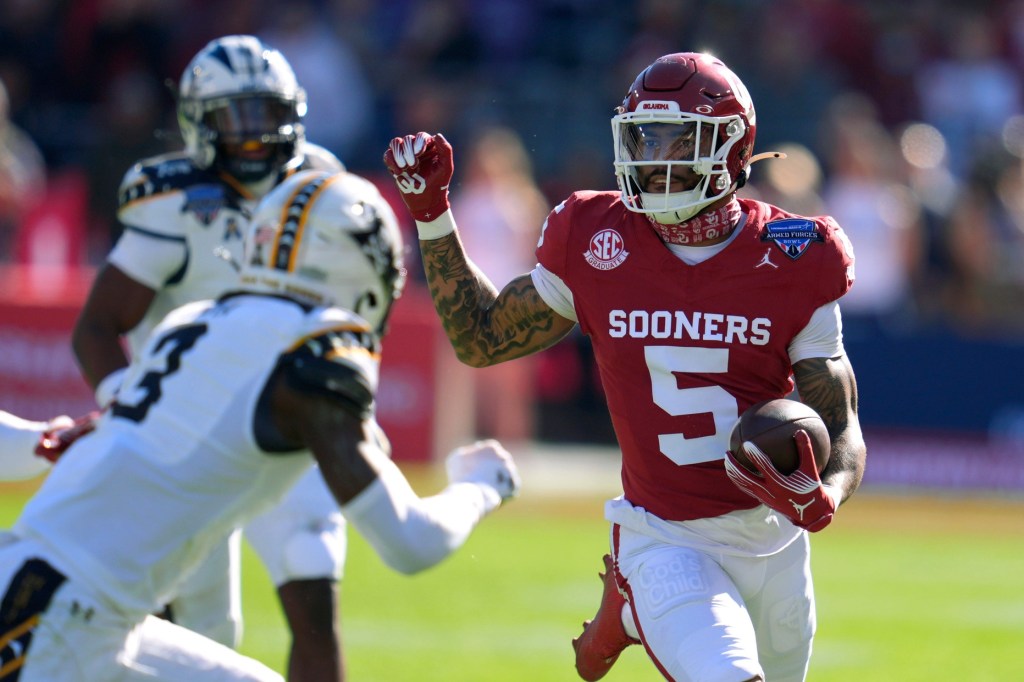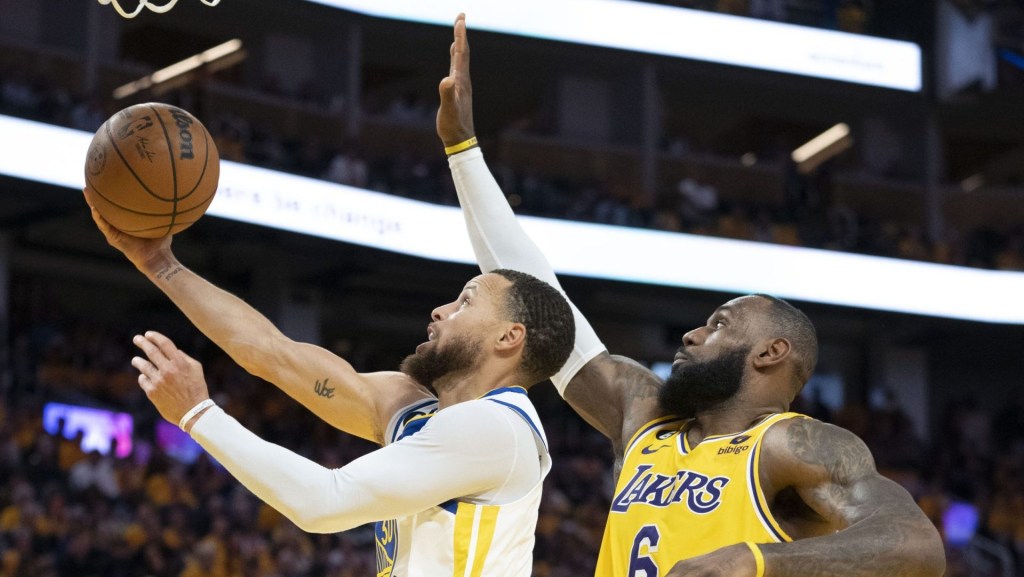By: Travis Gorsch, @tgorsch3

Front Office Sports is proud to have sat down with Angela Pratt, Assistant Professor of Sports Communication at Clemson University. Angela was gracious enough to have offered up her time and insight about using real world experiences in the classroom, the importance of writing skills, and finding your work life balance. Angela is a great example of the importance of building a network and turning those relationships into opportunities.
You earned your Bachelors in Mass Communications (Campbell University), Masters in Journalism and Mass Communication (University of North Carolina), and Ph.D. in Public Relations (University of Tennessee). What were your career goals when you started and how did they change as you continued your education?
When I began my professional career, I had no intention to teach. Even as a kid I didn’t think about teaching or education as potential vocations. I realized when I was young that I was good at writing. When I went to college, my real goal was to be a journalist. I also played tennis. I wanted to combine those interests, and become a writer for Tennis magazine. I chose Campbell University because of its size, opportunities on campus, and faculty. I joined the newspaper staff right away.
I started out as assistant copy editor and events staff writer, moved up to events section editor my second year, and I became the sports editor my third and final year at Campbell. It was my understanding that I was the first female sports editor our newspaper had ever had, so that was awesome. Even though I absolutely loved my work with The Campbell Times, when I was about halfway through school, I began to wonder whether journalism was really the best career path for me.
I talked to our department chair about it, and he recommended pursuing public relations. I started taking PR classes and picked it up as a minor. I liked the idea of working as an advocate for an organization or cause I really cared about, but that meant that I now had to rethink the context in which I wanted to work. I grew up in music and theatre, so for much of my life I was more of an arts person than a sports person. I loved both, but I wanted to do some internships to see which one I wanted to pursue.
After interning in both contexts, I still loved them both, but decided to pursue a career in sports PR. This helped me when I was considering master’s degree programs. When I chose UNC-Chapel Hill, I did so partly because I could take PR courses and Sport Administration courses.
When I worked for the minor league soccer team, I interned first, and then was hired as a PR director. When you work for a minor league team you do a lot more than just your job. I had two sports marketing classes ever and I took them the two semesters before that job began. I started coming up with promotions, and I learned that I liked doing that better than the media relations side of my job. I was a few months away from graduation from UNC. One day, one of my Sport Admin professors saw me and said, “Angela, come hear this guy speak. He’s an alum and works at the University of Virginia.” I decided to go even though I didn’t have to.
When you have the opportunity to hear professionals speak, take the opportunity and connect with them afterwards. I ended up having a connection with that speaker because his wife went to Campbell where I went to undergrad. I told him that I wanted to work in marketing and promotions. He knew of an opening at Virginia and said he would mention my name if I was interested. One thing led to another, and I was hired as the assistant director of marketing for Olympic sports for UVA Athletics. You just never know who will help you take that next step.
After a couple years at Virginia, I wanted to get into a sales position. I also got that position through a colleague at another institution just by asking, “Hey, do you have any connections?” Since I had been working in the ACC with UVA with all different types of sports, mostly soccer and lacrosse, it was perfect timing, as the Greater Raleigh CVB (now the Greater Raleigh Sports Alliance) was working on collegiate events involving those sports. All these connections started coming together. It’s such a small world in this industry. It’s amazing how many people you will run in to that know someone you know. As long as you do your job well and show people you are worthy of that trust, people will open doors for you and help you.
I started thinking about an academic career when I was in Raleigh. I had to figure out the next step on my path. I had done some guest speaking and enjoyed talking to students about the field. I enjoyed helping them, and introducing them to the realities and what it was really like. I started wondering how I could do this even more. I had conversations with professors who told me I was going to need to get a Ph.D. As for research, an academic career would also allow me to study an industry I was passionate about, from more of a big-picture perspective. That led to me going to the University of Tennessee to earn my Ph.D., and then to Bradley University as an assistant professor.
I had a great five years at Bradley helping to build their Sports Communication major. The opportunity to come back to the Southeast arrived when Clemson University announced a new position in Communication Studies. They had just launched a Sports Communication major and minor, and were hiring new faculty. It was the right move at the right time: a new challenge for my professional growth, and a location a lot closer to family.
Early on in your career you held several different internships in public relations and media relations with The Mint Museum of Art, Charlotte Hornets, and Raleigh Capital Express. Can you talk about the importance of getting your foot in the door as a student?
My internships were mostly in the summer while I was in undergrad. During school I was focused on my schoolwork, editing the paper, singing in a band, and JV Tennis. I don’t regret spending my time in school that way, and wouldn’t change that at all. It helped me tremendously that I was so involved with the newspaper. It opened the doors for internships thanks to the writing experience. I can’t tell you how many times I’ve heard that my writing skills have made me stand out.
In one instance when I applied for a full-time job with a team I was interning with, there was another candidate who had more specific sports knowledge than I did, but I was told that I was hired because I was the better writer. When you are representing someone professionally you need to write well. One of the things I learned that I think students sometimes don’t realize was how much writing you use in marketing and sales. If you’re a strong writer it will carry with you no matter what you do.
There are certainly opportunities on campus. If you’re wondering where to start, start on campus. There are all sorts of opportunities. The admissions office can give you experience practicing public speaking. At all the universities I’ve worked, they have students interning in university PR and marketing departments, as well as athletics marketing and PR. If you’re a student and you’re thoughtful about it you can get your foot in the door. Don’t forget that beyond your school you have local newspapers and minor league sports. The things minor league sports do are so creative.
They do a lot of work and rely on you. No one in the sports industry will look down on you for working in the minor leagues. You are bringing in a lot of creativity and also you know how to do a lot with a little. It’s very attractive to have on your resume. Anytime you can volunteer for an organization or event, that’s a great way to get your foot in the door. That includes volunteering in your athletic department, in marketing and promotions, on game day, with non-profits, youth sports, etc. You’re more likely to make it onto the short pile of resumes. Those are the people who get calls and interviews.
Let folks you want to work for know your face and know your name. Hopefully you will get the next step. You have to be creative with things especially if you have a big school and small environment. You may have to go outside of sports for a while. Let’s say you don’t have a lot of experience in sports, but you do have a lot of experience in sales. This is valuable because if you can sell you’ll always have a job. It doesn’t matter what it is: If you can sell, you can sell. Focus on an area that you want to grow in. If you can do that and do it well, you can pitch that to a sports team.
You moved up from an internship position with Raleigh Capital Express into a director position. How were you able to make this jump?
What happened was the team started in December of 1998. In January, they said they needed some interns to get going with things. The season hadn’t started yet. They brought on interns to help and it was kind of a try out. There were about five of us who were interning in different capacities. Before the season, the GM decided to start making hires for full time positions for the season. He really liked that I was a strong writer and represented the organization well with my writing. He liked the fact that I had a good work ethic and was enthusiastic. He felt that I was a good fit for the organization.
People have to be able to work with you. It was a combination of all those things that made it seem like I was right for that role. If you’re a new team you have to do a lot of things on the fly. That set me up very well for my next job. If you start in a position with very few resources and then move to the next position where you have more resources, you appreciate what you have. When you’re starting out, you should be thinking, “How can I use my experiences to build towards what I want to do in the future?” You’re collecting experiences that build on each other. They make you a more skilled candidate. That propels you to the next step.
Your first experience in a college athletic department came at the University of Virginia as an Assistant Director of Marketing. What interested you about college athletics and more specifically marketing?
I enjoyed working in college athletics because of the team-orientation of the staff, the passion of the fans, the involvement of the campus and educational aspect, and the enthusiasm of the coaches and student athletes. I liked that there were traditions, but also room to be creative. It was fun to be able to work closely with coaches, and find ways to implement their hopes and vision into our seasonal plans. I was fortunate to work with coaches who were good communicators, showed respect for my abilities, and were very appreciative of any and everything my interns and I did to help bring in fans, and give the athletes an energized environment to play in.
There was nothing that would make me happier than to put together a great promotion, publicize it well, and see a great crowd of fans at the game, having an absolute blast. I was also lucky to work with athletes who were friendly, open to ideas, and took time to reach out to the fans. I think they were excited to see their events come to life with engaged fans of all ages.
While working towards your Ph.D. at the University of Tennessee you also held a Graduate Teaching Associate position for almost three years. How did this experience prepare you for your future and current roles of an Assistant Professor? Were you as prepared as you thought you were?
All my experience in general has been instructive in one way or another. I think the students appreciate hearing from someone who has done the work. Some students come to me and tell me they are thinking about being a professor. I tell them they should think about getting experience in the industry instead of going straight through school, so they can offer their students firsthand experience in addition to academic knowledge.
When they get tired of hearing my stories, I bring in guest speakers to tell their stories. If I can bring in people who are working on the problems right now that we are working on in class, that’s great. A lot of my experience in the industry was pre-social media. We didn’t have some of those tools. I like to bring in folks who are using social media and other new technology to give a real-world perspective on using those tools. As a professor, it’s important to continue to network so you can bring industry professionals into the classroom environment. It’s a way to keep my relationships strong with my former colleagues as well. The guest speakers love it and the students love it.
With a concentration in Sports Communication your next stop was Bradley University as an Assistant Professor before moving on to your current position with Clemson University. What characteristics do you have to have in order to be successful as a professor? What does your average day look like?
I teach three courses per semester. Sometimes I teach two of the same classes, and sometimes I have three completely different. This year, Monday and Wednesday are preparation days since I teach on Tuesday and Thursday. This semester I have two classes that I haven’t taught at Clemson before. I have to revamp them. So on my preparation days, I’m putting together my class itinerary and discussion questions.
It’s hard to prioritize all of the things I want to do to make my classes the best they can be, but I try to find a balance. I may do some grading, answering student questions, research current events, etc. I’ll post some articles on Twitter with a class hashtag for my students to see real-world content that relates to what we are learning in class. Social media can be a good tool for sharing these things. Tuesday and Thursday are teaching days. I’m consumed with giving my lectures, activities, answering questions after class, etc. I have one class, lunch break, and then two more. After that I head home.
I often have to work late nights at home, too. It’s really not a 9–5 job. It’s not unusual for me to teach, have office hours, prep, and still go home and work. That happens a lot. That’s just the teaching side of it. Then you have the research side of it, and I try to block off some time each week to focus on my research projects. That could be research in progress, or editing a manuscript for publication, or preparing for a conference presentation.
The weeks are busy. I try not to work on the weekends. I need time to regroup and spend time with my husband. There are certain times in the semester that I have to do it anyway. Thankfully, I have a really understanding spouse. I strive to find a balance. The academic and sport worlds are similar. You have to be able to balance personal time with professional time. If you know you’ve got to get up early, sometimes you have to say no to late nights with friends. You have to take the long view. I’m willing to make some sacrifices along the way to reach my career goals, but I’m not going to sacrifice my health or relationships with my husband or family. You have to understand when to sacrifice and when to say no.
You’ve been fortunate enough to present at numerous conferences around the country. How does this compare to teaching in a classroom at Clemson?
It is different in a lot of ways. For one you are presenting to other scholars. These are people who are all interested in research. With my students, some are interested in research as well, but some aren’t. The biggest challenge in conferences is you don’t always know the people in your audience. You are trying to communicate why your study is important, why you chose it, and how you did it. You hope that they are interested in something that you’re doing here, and that’s why they came.
Then again you have to try to understand what they are interested in. If I’m presenting research about college AD’s, I have to consider, “Are they interested in college athletics, AD’s, methodology, or what?” You just don’t really know. You never know what they are going to ask. I’m ready for that but because it’s so research focused they don’t ask me the same questions my students ask me. It’s fun in a way. Sometimes people ask questions or offer suggestions that are really helpful. You may not have submitted your study for publication yet and they can give you advice to help you tailor that manuscript to focus on the audience you are trying to engage.
In the classroom you are able to teach many different concepts and theories. Can you talk about the importance of mixing classroom experience with real world experience?
There are a couple things that I do. When we talk about topics I tell stories from my experience, my network, or stories from my research. I give them specific examples as it relates to the given topic. When I was at Bradley I was on the intercollegiate athletics committee. I built relationships with people who worked in the athletic department. I used examples of things they did during their rebranding of the athletic department and bringing in a new mascot. For example, I talked in class about how athletics administrators conducted research before they made their decisions.
Certainly we spend a lot of time talking about the ramifications of decisions made in current events. Sometimes my students get to class and really want to talk about a current event. As long as it’s relevant to the course content then we can talk about it. I try to balance learning the basics and terminology. Another way is to teach client based courses. Students work with clients on problems that they are trying to figure out solutions for. They have a real client who can respond to them, which is valuable experience. I’m giving the students a taste of what it’s like in the real world. For instance, they learn how to manage their time with multiple projects, and they learn to work with others to accomplish goals. Of course guest speakers from the industry are a great way to incorporate what they are learning in class.
Parting wisdom?
I would say one piece of advice that I would give to students would be don’t get to focused on only the technical skills. The skills are really important but it’s just as valuable to have people that know what’s going on in the world. If you want to be really good at what you do, you need to understand what’s going on beyond your own little sports bubble. I don’t know anyone who works in the sports industry who is successful who doesn’t read. I don’t just mean ESPN.com or Bleacher Report. They read books, online publications, magazines, etc. They read about leadership, their field, controversial concepts, big ideas, etc. That will help you moving forward in your career. Don’t think small. The details matter, but they fit in to the big picture. You may not see it right away, but as it comes together it will become more clear.
Starting in college is great; the sooner the better. Look for ways to expand your mind. Look around at your friends. If everyone’s like you, then branch out to other people with different perspectives. You’ll be working with people who are all across the board in sports. Not everybody is just like you. There are a lot of different perspectives. Consider issues and ideas from others’ point of view. If you only see ideas or concepts from your point of view, then you are missing a big piece. Start practicing these things early on. I think that’s where being a good fit comes into play. Prospective employers will be able to tell if you fit their mission, vision and values by the way you carry on a conversation. Start thinking about more than stats.
Work out that balance piece too. You need to find what your balance is. Know where that fits in your life and where your boundaries are. Family, health, etc. You don’t ever want to be that person who, when you’re out with your colleagues, all you can talk about is work. You’ve got to be a person too: a friend, a family member, a citizen, etc. I can’t tell you exactly how to do that because it’s different for everyone.
We would like to thank Angela for her time and insight and we wish her the best in all her future endeavors.
You can follow her on Twitter here or connect with her on LinkedIn here!
This interview is another edition of “Winning Edge Wednesday” in congruence with our partnership with the Winning Edge Leadership Academy. Every Wednesday we will be featuring the story of a woman or minority working in the sports business industry. If you know of a professional you would like featured, drop us a line at russ@frontofficesports.org.

